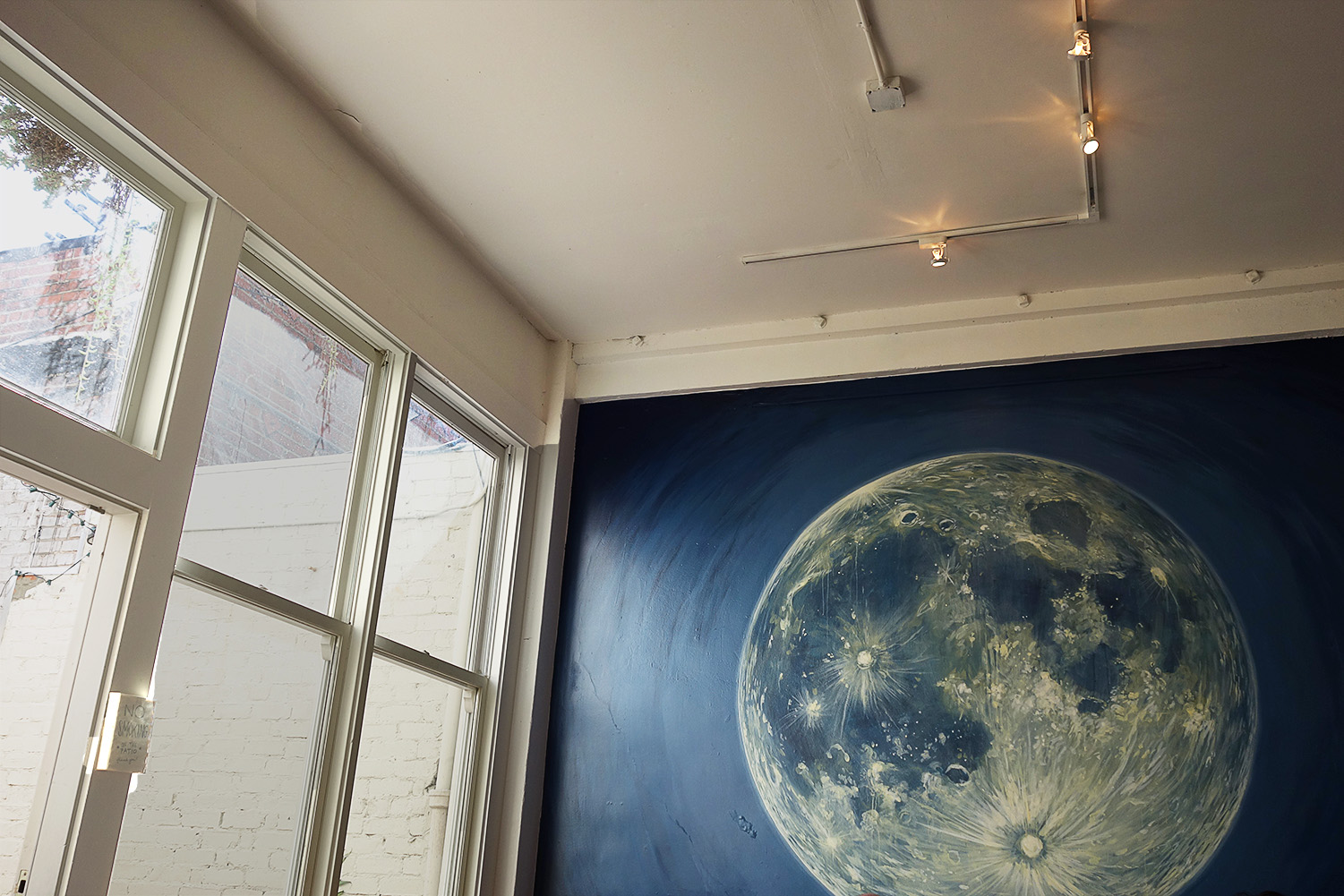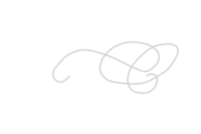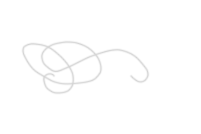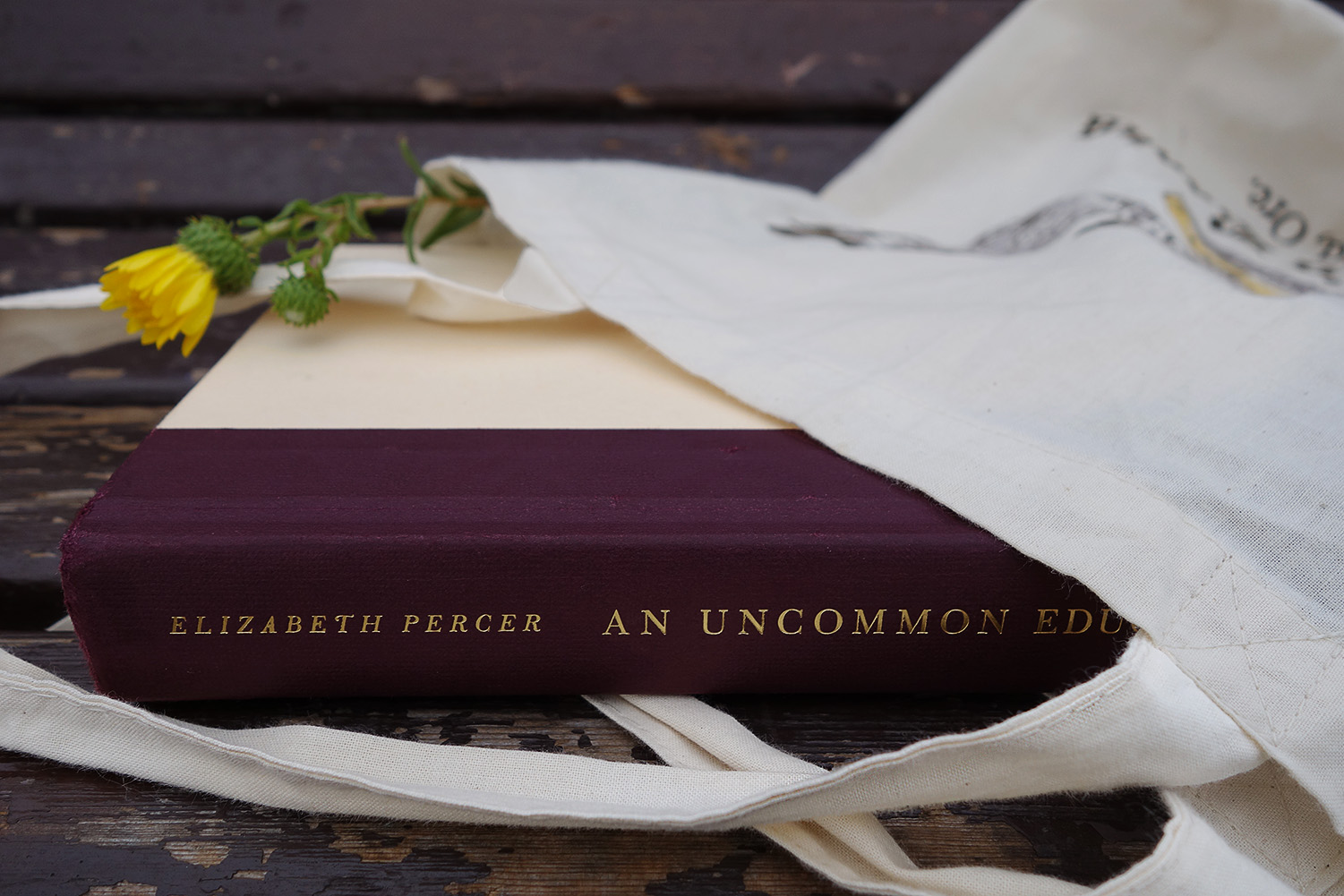
By Elizabeth Percer
Published 2012

 Elizabeth Percer
Elizabeth Percer


“What really knocks me out is a book that, when you’re all done reading it, you wish the author that wrote it was a terrific friend of yours and you could call him up on the phone whenever you felt like it.” (The Catcher in the Rye, Ch. 3)
I had the opportunity to interview Elizabeth, who proved herself to be as intelligent and charming as you would want an author of this sort of story to be. It is as if I had become so close to the characters that I felt relieved knowing that the whole time, they were in her hands. Enjoy.
Why are readers and authors attracted to coming-of-age stories?
I can’t hope to speak for all readers or authors, but I think that novels in particular (you don’t see that many coming-of-age short stories) give us the opportunity to understand transformation. If they’re really good, they give us a sense of transformation, too – a sort of cocoon-like experience of hunkering down and going within, emerging on the other side feeling somehow more vulnerable and touched by beauty. Coming-of-age stories are, by design, stories of transformation, and they invite that wonderful vulnerability and softness because they begin in a place of naivete, and end at the beginning of a new journey.
An Uncommon Education is divided into five parts, stretching from Naomi as a reserved and precocious 9-year-old, to her days at Wellesley, to her professional life after college. Which was your favorite part to write and why?
Oh, wow! What a question! I guess the wholly unsatisfying answer is that I don’t know which part I enjoyed writing most. Or perhaps it’s more appropriate to confess that, for me, writing a novel is more circular than linear — meaning that I tend to punch the whole thing out in rudimentary form, and then go back and lift and cut and revise and narrow, etc. I think it’s probably a lot like sculpting — I start with a great big hunk of unformed material and then chip away at it until it takes on a shape and life of its own. That said, I think my favorite section to reread is the end, but to tell you why would be to give away the story.
You attended Wellesley College. Near the end of the book, a Wellesley administrator comments that when a female U.S. president is finally elected, she will surely be a graduate of Wellesley. What does a young female student get from attending a school like Wellesley that she cannot get elsewhere?
What a great question — I wish I felt more qualified to answer it. The truth is that I think Wellesley has probably changed a great deal since I attended the school in the ’90s. One of the reasons why it’s a place that fascinates me so much is because it has evolved — along with the American idea of a woman’s ideals and capabilities — at a head-snapping pace — socially speaking.
I will say, though, that when I was a student there — and I don’t think this has changed — I benefited enormously from the hugely concentrated experience of living with 2,300 goal-oriented, fascinating women for the better part of four years. It gives one an idea of what the world might be like were women not inhibited in any way from pursuing their social, moral, and intellectual goals. The experience was frequently intense to the point of being uncomfortable for a thin-skinned introvert like myself, but I wouldn’t exchange it for the world. To this day, I share an intimacy with fellow Wellesley alumnae of many class years because we have that shared experience and foundation of knowing, in a way that not all women get to, the infinitely profound ways women can affect and inspire each other.
“God is nearest to those with a broken heart.” Do you think your any of your characters prove this true?
I hope so. I suppose, of course, it depends on one’s definition of God. In my own experiences, I’ve felt closest to God when I’ve softened and stopped imposing my own insistent parameters on spirituality and grace. I do think the very fact that a heart can break and then heal is evidence for God all on its own. I also think that spirituality cannot be found with the mind, and that to focus on proof and evidence is to go through a door backwards. I believe that most of us find God when our hearts are open, and many of us don’t have the courage to open them until they break first, and we see how they can heal. I can’t think of a single character in my book who doesn’t have a broken heart, but I think the ones who have the courage to acknowledge how painful that breaking can be are the ones who seem most at peace. Naomi, for instance, after embracing her mother despite the pain that involves, seems more infused with compassion for others and herself than does Teddy’s mother, who is very observant but turns away in fear from what she cannot understand.

What are some of your favorite coming-of-age stories?
Hmm. Whenever I get a “favorite” question, I have to qualify it with the fact that I am sure I answer it differently every time it’s asked. I’m a bit of a book slut, and just go with whatever I’m loving at the moment. There are too many wonderful books to ever possibly narrow it down. So here’s today’s list: David Copperfield, Nicholas Nickleby, Jane Eyre, The Graveyard Book, and The Trumpet of the Swan (a boy and a swan — two for one!)
Of all the books you were required to read for high school English, which is still a favorite?
Elizabeth Bishop’s Collected Poems and the stories of Grace Paley (I had a magnificent high school English teacher — shout out for Mr. Berger!)
Favorite literary quote?
OK. Today’s is…let me think of it…“I do love nothing in the world so well as you/Is not that strange?” (Benedick to Beatrice in Much Ado About Nothing)
What was the last book you read? What are you reading now?
The last book I read was My Life in France by Julia Child. Right now I’m reading non-fiction anthologies. I’m a compulsive reader, so I have to read something, but while I’m working on another novel — which I am right now — I cannot read fiction. I’m way too porous. So I try to pick up something thoughtful and well-written in a different genre. I love the Best American Travel Writing series, as well as anything to do with food.
Are you working on a new book?
Yes! 😉 I’m working on my second novel, which is under contract with HarperCollins and my wonderful editor, Maya Ziv, again. It’s tentatively titled “All Stories Are Love Stories” and centers around a major earthquake and fire hitting modern-day San Francisco. Also, I just published a short book of poetry, Ultrasound, which is a meditation on pregnancy and early motherhood. Thank you for asking!
